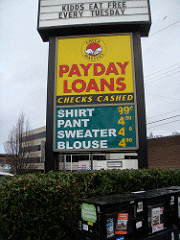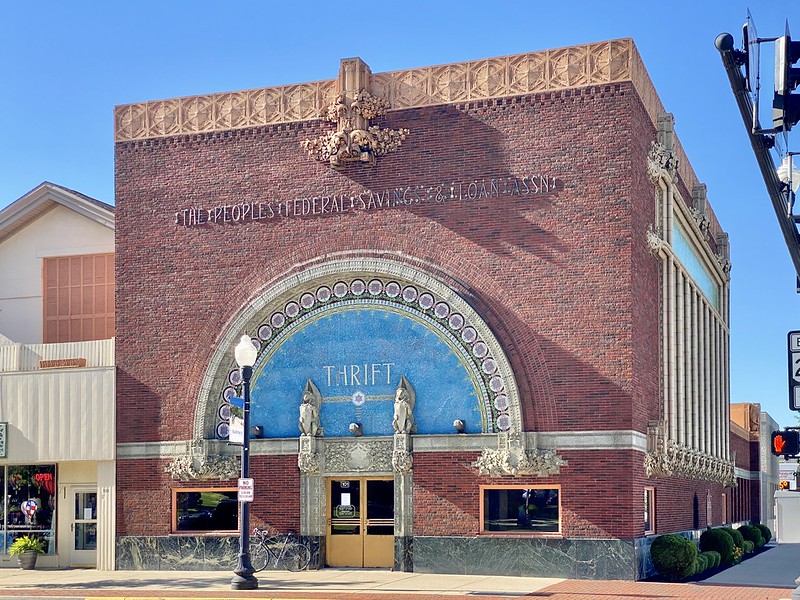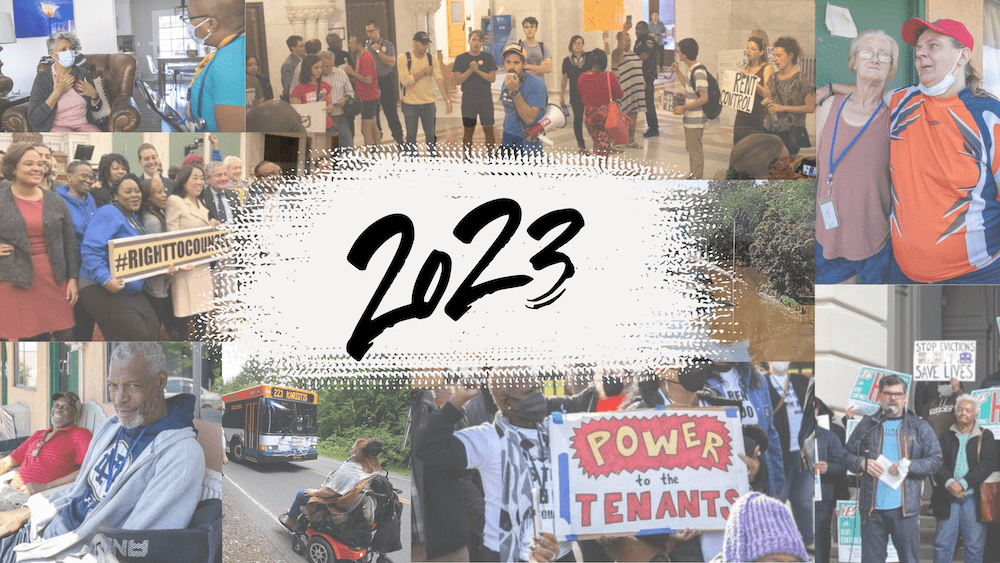
This passion is also rooted in principles of faith. I along with many advocates for justice draw from Pope Francis’ undeniable clarity with regard to usury, “… when a family has nothing to eat because it has to repay loan sharks, that is not Christian! It is inhuman! It is a dramatic social evil that wounds the inviolable dignity of the human person.”
Last month, the Consumer Financial Protection Bureau (CFPB) landed a new blow in the fight for a fair deal for consumers by proposing rules that would prohibit payday lenders from engaging in the most predatory of practices.
Most importantly, payday lenders could only make a loan to a borrower who has a realistic chance of repaying the loan when it is due—without re-borrowing. Coupled with limits on the number of successive loans a borrower could take out, these rules will effectively curtail these egregious debt traps.
This historic step marks the first federal regulation of small-dollar lending, and is the culmination of a four-year process that began with the CFPB’s first ever field hearing in Birmingham, Alabama.
The symbolism of launching in Birmingham, with its historic connections to the Civil Rights Movement, was made even more poignant for me because like other states with Jim Crow legacies, Alabama has a disproportionately large concentration of payday lenders per capita.
This fact has left thousands of families in the persistently poor counties in our nation’s “Black Belt” with no choice but to transact business with financiers whose business model is based on abusive financial practices that target those most vulnerable in society.
As chairman of CFPB’s Community Advisory Board, I have had a close-up view of this small dollar loan rule-making process.
I listened alongside staff to stories of hardship and personal financial devastation wrought by predatory lenders during a tour through the Mississippi Delta, when the CFPB staff saw several towns without banks, but littered with payday lenders and other high cost lending operations. I have also heard the arguments made by the alternative lenders.
One thing that everyone agrees on—from payday lenders to responsible lending advocates—is that people need access to small dollar loans.
With no federal regulation in this marketplace, we have seen the deck stacked against consumers in the 36 states where payday and similar small dollar loans are permissible. After studying the data, the CFPB found that what is marketed as short term cash to tide people over in an emergency too often becomes an overwhelming debt burden with terrible repercussions.
Nearly four out of five of these loans are re-borrowed within a month, usually when the loan is due or immediately after, according to the CFPB. Approximately one in four new loans results in a sequence of at least 10 loans, one after the other, made in a desperate struggle to keep up with the payments due.
“It is much like getting into a taxi just to ride across town and finding yourself stuck in a ruinously expensive cross-country journey,” said CFPB Director Cordray, in announcing the new rules. (Watch this video of a woman describe her experience being caught in a devastating cycle of debt.)
Many people who are against these rules are philosophically opposed to regulation. Several members of Congress from states with the greatest levels of predatory financing are outspoken critics of the Dodd Frank Law that created the CFPB.
But it is important to remember that bank deregulation—coupled with powerful financial institutions’ failure to comply with laws—is what led to our most recent economic crisis. When banks struggled to right themselves after the 2008 meltdown, they closed branches, again with a disproportionate impact in economically disadvantaged communities. This left consumers with even fewer credit options and presented predatory lenders with an opportunity to flourish.
When the payday lenders thrive in unbanked and underserved communities, it is not just individuals who lose. Entire regions like the Mississippi Delta are left with little prospect for growth and prosperity in the absence of access to affordable, responsible financial services, which are an essential element for economic and community development.
“When the balance between lenders and borrowers is knocked askew, the “win-win” dynamic found in healthy credit markets disappears and puts consumers at great risk,” Cordray said.
It is our moral responsibility to make sure people are treated fairly. People need—and deserve—fair terms for credit. Sometimes, the federal government is the only authority with sufficient power and reach to make this happen.
(Photo credit: Morgan Davis via flickr, CC BY 2.0)






While I agree completely that pay-day lending is a ruinous industry that needs to be curtailed, I am concerned that alternatives do not exist for those most likely to use these services. Without the ability to access ready cash (like most of us do with ATM machines) where will low-income folk turn when they need immediate cash to feed their children or prevent eviction? An alternative is needed, not just a road-block.